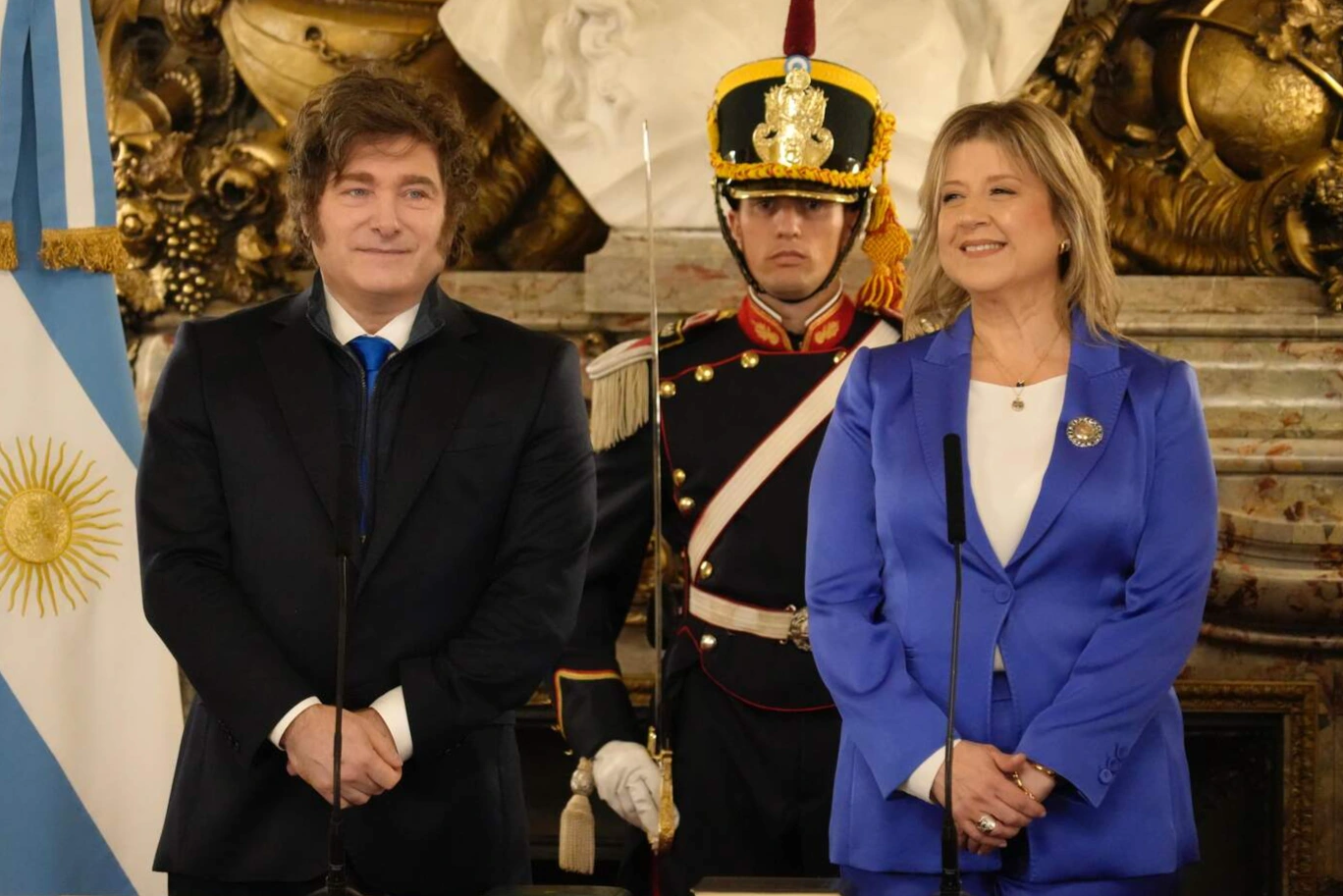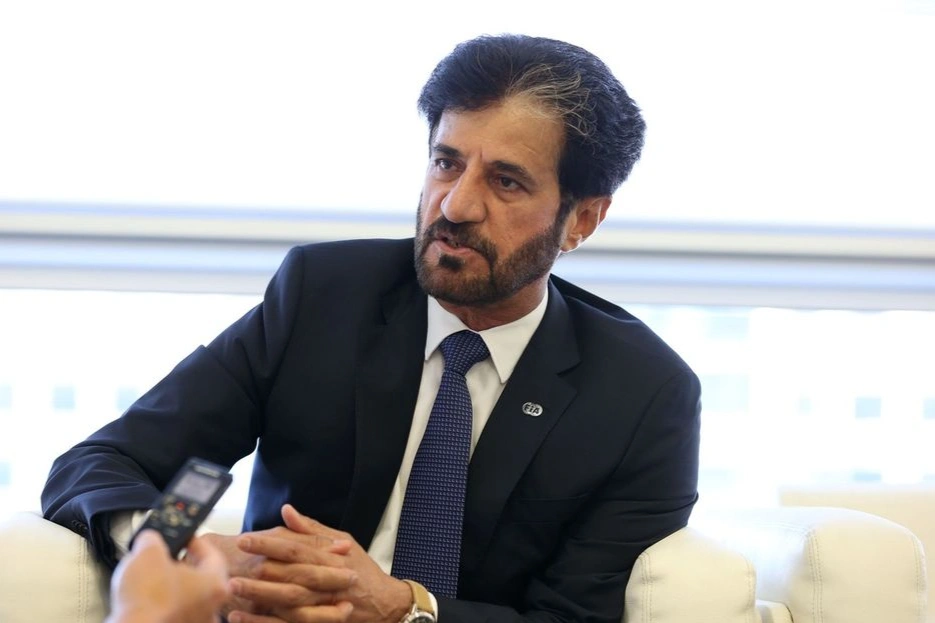During his participation in the AmCham Summit, the Minister of Economy, Luis Caputo, detailed the Government's plan to facilitate the formalization of dollars outside the banking system, in a conversation with Facundo Gómez Minujín, president of JP Morgan Argentina. The official clarified that the initiative "is not a tax amnesty" nor does it contemplate a limit of USD 100,000, but rather it is a new regime to simplify the system and favor the formal economy.
"It is not a tax amnesty nor is it true what was said about the amounts of 100 thousand dollars. What we are going to do is deeper. It is the start of a new regime," Caputo emphasized.
According to the head of the Ministry of Economy, the high level of informality in the Argentine economy is explained by a combination of "excessive taxes and excessive regulations." He pointed out that "Argentina regulated for the exception" and that the current system starts from distrust toward the taxpayer. As an example, he mentioned the case of a bank executive who was required to explain transferring 750 thousand pesos to his wife.
"There are many regulations that we can unlock from our side to make life easier for Argentines. It has nothing to do with the FATF rules or the FIU," he stated.
Criticism of control bodies and defense of simplification
Caputo questioned the current functioning of entities like the AFIP: "We doubled the staff in ARCA, multiplied the regulations, and informality grew." In his proposal, he advocates for each body to regulate what corresponds to it, avoiding unnecessary duplications: "This scheme aims to gain formality. It makes no sense for everyone to ask for the same thing."
He also emphasized that the Government's economic opening policy is "intelligent and gradual," especially oriented toward stimulating key sectors like construction. He noted that tariffs for capital goods, such as elevators and machinery, have already been reduced, and the current average stands at 6%.
Optimism about macroeconomic evolution and expectations of returning to the market
In fiscal matters, Caputo highlighted the primary surplus and the drop in inflation, which, in his view, paves the way toward stability. He also emphasized that the accumulation of reserves is not an end in itself, but "a consequence of whether the economic program is working."








